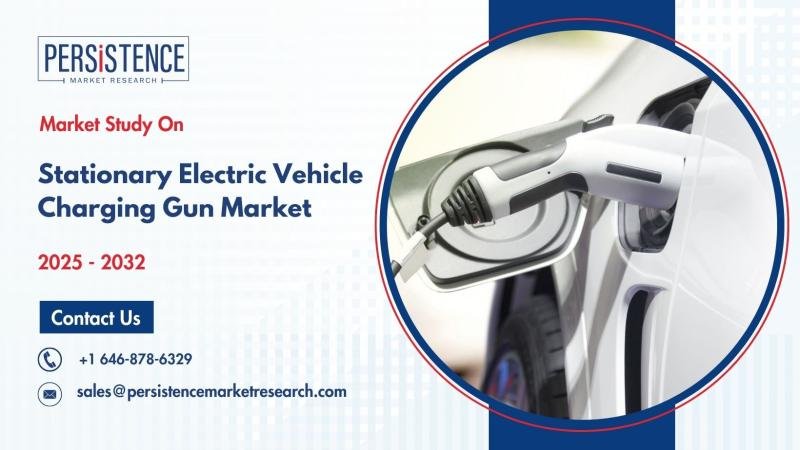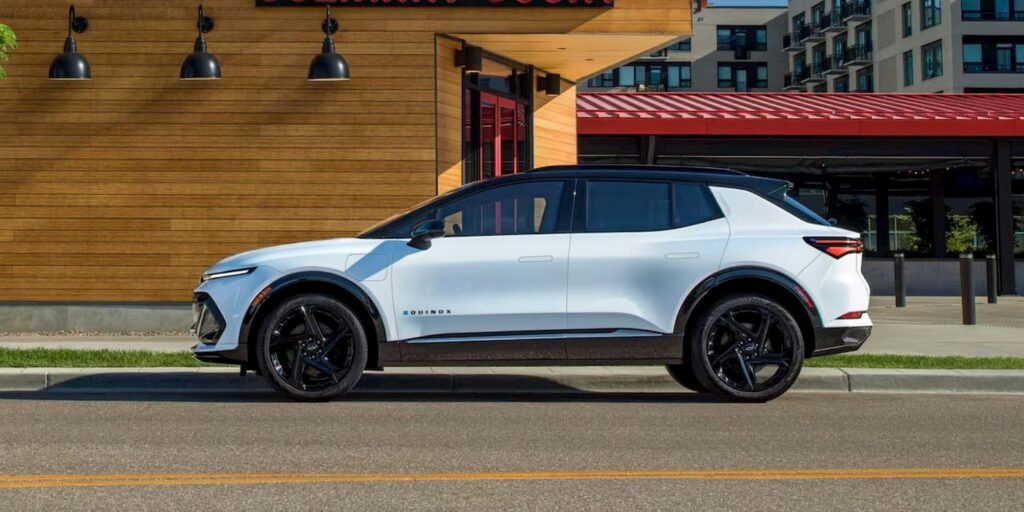The US auto industry is in flux at the moment. As demand for hybrid technology booms, EV interest is slipping. And the US government keeps shuffling around new tariffs on an almost weekly basis. As President Trump rolls back California emissions regulations and threatens the tax subsidy that’s available on new EVs, things are only getting more chaotic. Sales and registration statistics for April 2025 reflect this, with EV sales sliding back for the first time in over a year.
And Tesla is taking the biggest hit as other automakers slowly creep up to compete with their electric offerings.

Tesla
Tesla, Inc. is an American electric vehicle manufacturer largely attributed to driving the EV revolution. Through the Model S and subsequent products, Tesla has innovated and challenged industry conventions on numerous fronts, including over-the-air updates, self-driving technology, and automotive construction methods. Tesla is considered the world’s most valuable car brand as of 2023, and the Model Y the world’s best-selling car in the same year, but the brand’s greatest achievement is arguably the Supercharger network of EV charging stations.
- Founded
-
July 1, 2003
- Founder
-
Martin Eberhard, Marc Tarpenning
- Headquarters
-
Austin, Texas, USA
- Current CEO
-
Elon Musk
EV Registrations Are Slowing Down
EV registrations in the US suffered a 4.4% decline in April, the first slip in market demand since February 2024. Some 97,833 EVs were registered in April 2025, with Tesla solely accounting for 39,913 of those despite its sales plunging 16.6%. Every Tesla model except the Model 3 saw sales slip away compared to a year ago. Tesla cited a production changeover of the refreshed Model Y in early 2025 as part of the reason for a decline in registrations, so it could make that up by the end of the year if there’s demand for the more affordable Model Y trim.
Things Look Better From A Yearly Perspective
It’s not all grim and loss for the EV market, however. Though registrations dropped in April, overall EV registrations from January through April are actually up by 11% to 405,529. EV share of the market inched up to 7.4% in that four-month period.
Despite fewer EV sales compared to a year ago, overall vehicle sales were up for the US market in April by 7.2%, totaling nearly 1.5 million new cars registered. Automotive News measures registrations versus reported sales because some automakers, like Tesla, do not break down their sales numbers.

Related
Tesla Saw A Sales Decline For The First Time Ever In 2024
Facing slowing EV demand and a market rich in alternatives, Tesla moved 1.79 million units last year, a slight decline of 1.1 percent.
Non-Tesla Players Struggle To Gain Traction
Chevy was the number-two EV brand, but only managed 9,160 registrations so it’s still lagging far behind Tesla. The new Chevy Equinox EV accounted for 5,424 registrations and finished April as the third best-selling EV in the country. The Tesla Model Y and Tesla Model 3 sedan still hold the top two spots. The Chevy Blazer EV added 2,662 registrations, finishing as the sixth most-popular EV in April.
Ford was third overall, though it suffered a 33% drop in new EV registrations compared to last year, sending out just 5,534 vehicles total. Most of those were the Mustang Mach-E. However, Ford E-Transit registrations tripled to 1,245 units in April.
Does The US Have An EV Demand Ceiling?
Tom Libby, an analyst at S&P Global Mobility, told Automotive News that there may be an ingrained cap for new EVs hitting the market, which isn’t a good thing this early in the adoption cycle. “[EVs] come into the market and once they get to a certain level, they max out. It appears that level is between 4,000 and 5,000 per month, which is 50,000 to 60,000 per year,” Libby said. “It appears as if they can only go so far in the current landscape.”

Related
Tesla Finally Updates Its Geriatric Models But For A Hefty Price Hike
The American EV maker gives the decade-old Model S and Model X a much-needed update, albeit they’re still the same underneath.
It will be interesting to see how companies that have invested billions in new EV tech and platforms respond to all this. With the current state of tariffs and trade affairs, don’t expect too many corporate incentive deals going forward. And if you want an EV, you should probably act before those federal incentives are repealed.
Source: Automotive News








